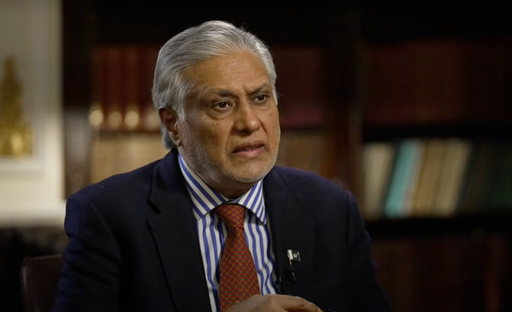The Permanent Court of Arbitration in The Hague has ruled that India's decision to unilaterally place the decades-old Indus Waters Treaty in "abeyance" was not supported by the pact's provisions, reinforcing its jurisdiction over disputes between India and Pakistan.
The so-called "Supplemental Award of Competence" comes amid a long-standing disagreement over India's Kishenganga and Ratle hydroelectric projects in India-administered Kashmir — developments Pakistan says violate the 1960 treaty brokered by the World Bank.
The court's unanimous decision stated that "it was not open to India to take unilateral action to suspend these proceedings."
It found that the treaty continues in force unless both sides agree to terminate it.
"According to its terms, the Treaty continues in force until terminated with the mutual consent of India and Pakistan," the court said.
"The Treaty's compulsory third-party dispute settlement process cannot be unilaterally suspended or held in abeyance, as doing so would undermine its efficacy."

1960 treaty
India had paused engagement with the treaty in April, citing a deadly attack in India-administered Kashmir that left 26 people dead.
New Delhi argued that the circumstances warranted a halt to cooperation.
But Pakistan welcomed the ruling, saying it confirms that India cannot strip the arbitration court or a neutral expert of their ability to decide such disputes.
"The high priority, at this point, is that India and Pakistan find a way back to a meaningful dialogue, including on the application of the IWT," Pakistan's Foreign Ministry said.
India rejected the ruling outright, accusing the tribunal of overstepping its mandate.
"India has never recognised the existence of this so-called Court of Arbitration," New Delhi said, describing its formation as "a brazen violation" of the treaty.
It also reiterated that any decision by the court is "illegal and per se void."
The Indus Waters Treaty, brokered by the World Bank and signed in 1960, allocates control over six rivers between the two nuclear-armed neighbours.
The three eastern rivers — Ravi, Beas, and Sutlej — went to India for mostly unrestricted use.
The three western rivers — Indus, Jhelum, and Chenab — were allocated to Pakistan, even though India received the right to use their waters in limited quantities for non-consumptive purposes like hydropower generation.

Kashmir rebellion
Kashmir remains a long-standing flashpoint, contested by two nuclear powers since the British vacated the sub-continent.
Since 1989, rebel groups have fought some half a million Indian troops for the territory to become independent or unite with Pakistan, a goal most of the region's Muslim majority population support.
India blames Pakistan for backing what it calls "terrorism", a charge Islamabad denies.
Pakistan states that it only supports the demand of Kashmiris for a UN-sponsored plebiscite in the region "politically, morally and diplomatically."



















